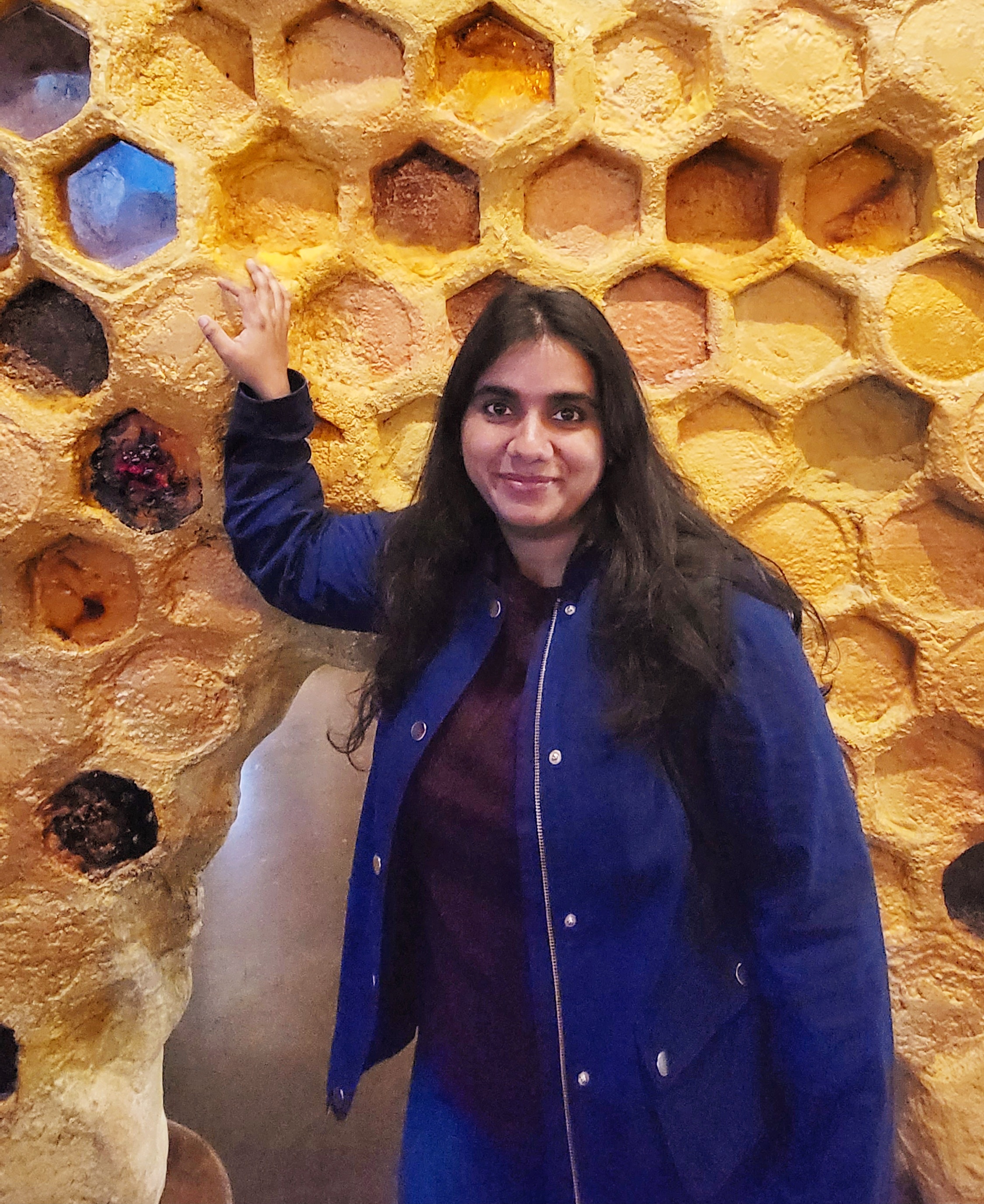Profile
I am Dr. Divya Mishra, Scientist II at the National Institute of Plant Genome Research, New Delhi, India. My lab research focuses on deciphering the molecular mechanism under high-temperature stress during nodule development. Another direction of my lab is how small secreted proteins play an essential role in high-temperature stress. Solving the underlying mechanism of high-temperature stress response will provide a solution to ready high-temperature tolerant crops for the future.
Current Focus Areas
As global climate changes bring about unexpected heat stress episodes, it is becoming necessary to investigate this question and be ready for the future with engineered crops producing better yields. How does HTS affect nitrogen fixation? How does HTS affect the grain/seed yield of crops?
Selected Publications
Sharma, V.K., Marla, S., Zheng, W. Mishra, D., Huang, J., Zhang, W., Morris, GP., Cook DE. CRISPR guides induce gene silencing in plants in the absence of Cas. Genome Biol 23, 6 https://doi.org/10.1186/s13059-021-02586-7 .
Mishra, D., Shekhar, S., Chakraborty, S., Chakraborty, N. (2021). Wheat 2-Cys peroxiredoxin plays a dual role in chlorophyll biosynthesis and adaptation to high temperatures. Plant J. 105,1374-1389. https://onlinelibrary.wiley.com/doi/full/10.1111/tpj.15119
Mishra, D., Suri, G.S., Kaur, G., Tiwari, M., (2021). Comprehensive analysis of structural, functional, and evolutionary dynamics of Leucine Rich Repeats-RLKs in Thinopyrum elongatum. International Journal of Biological Macromolecules,183, 513-527.https://doi.org/10.1016/j.ijbiomac.2021.04.137.
Mishra, D., Shekhar S., Chakraborty S., Chakraborty N. (2017). Cultivar-specific high temperature stress responses in bread wheat (Triticum aestivum L.) associated withphysicochemical traits and defense pathways. Food Chemistry, 221, 1077-1087. https://www.sciencedirect.com/science/article/pii/S030881461631891X?via%3Dihub
Tiwari, M., and Mishra, D#. (2020) Investigating the genomic landscape of novel coronavirus (2019-nCoV) to identify non-synonymous mutations for use in diagnosis and drug design. Journal of Clinical Virology,128,1044. https://www.sciencedirect.com/science/article/pii/S1386653220301839.(#Co-first author and corresponding author)
